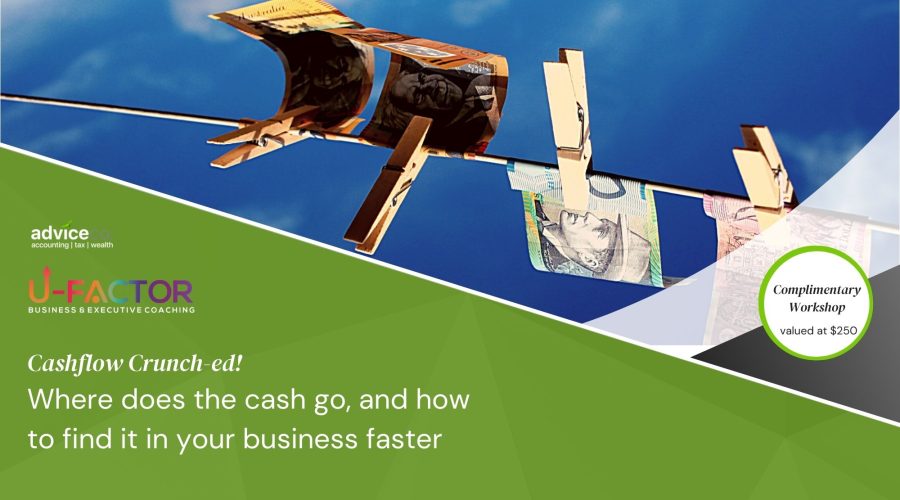Real estate – Buyers turned into tax collectors Posted on October 9, 2018

The government says this change of rules has been necessary as foreign investment in Australia, including in residential real estate, has increased, and is continuing to increase, at an unprecedented rate.
The rules will apply where real property contracts are entered into on or after July 1, 2016, but only apply to sales of residential property where that property has a market value of $2 million or more.
Withholding will not apply to sales by Australian resident sellers, but these sellers will need to obtain a clearance certificate that they can provide to the purchaser. Otherwise, 10% of the purchase price will need to be remitted to the ATO.
The changes were announced in 2013, but only became law earlier this year. The ATO says it has already communicated to real estate agents, conveyancers and legal practitioners to ensure the industry is prepared to help their clients meet their withholding obligations.
Withholding arrangements to make sure foreign residents pay capital gains tax on the sale of residential property exist in may countries, including Canada, France, Spain, Japan and the USA.
Information for sellers and buyers
The ATO’s assistant commissioner Malcolm Allen says the new rules will only apply to a limited number of sales of residential property under contracts entered into from July 1, 2016.
The ATO says that most property sales are for less than $2 million and will therefore be completely outside the new rules. The withholding also does not apply to sales by Australian residents where a clearance certificate is provided to the buyer.
For purchases of property with a market value of $2 million or more from a foreign resident seller, a 10% withholding will be incurred on these transactions at settlement, with the amount being credited against any capital gains or income tax payable by the seller on the sale. “This means Australian residents who are selling a taxable Australian property with a market value of $2 million or more need to obtain a clearance certificate from the ATO,” Allen says.
“The clearance certificate will confirm that the 10% withholding amount does not apply to the transaction. If a seller doesn’t provide a clearance certificate to the buyer by settlement, the buyer will be required to withhold 10% of the sales price and pay this to the ATO.”
The ATO says where a buyer fails to withhold when they should, a penalty may be incurred which will be equal to the amount that was required to be withheld and paid. Interest will also be payable.
Sellers can claim the credit for the withheld amount paid to the ATO by lodging a tax return for the relevant year.
How to apply for a clearance certificate
The ATO says clearance certificate application forms are already available to download through its website (or ask us for a copy). There is no ATO fee for clearance certificate applications.
The ATO has promised an online version of the form, and says this should be available early in the 2016-17 income year. Where an application is submitted online, it says most certificates will be issued electronically within a few days. Paper applications are expected to take between two to four weeks to process.
“There may be some delays in cases where applicants have incomplete tax records, for example where tax returns have not been lodged for the last two years,” Allen says. “We will follow up where we see evidence of poor tax behaviour, just as the Australian community would rightly expect of us.”
A clearance certificate is valid for 12 months from issue, and must be valid at the time it is made available to the buyer. Contact us if you need further information.





